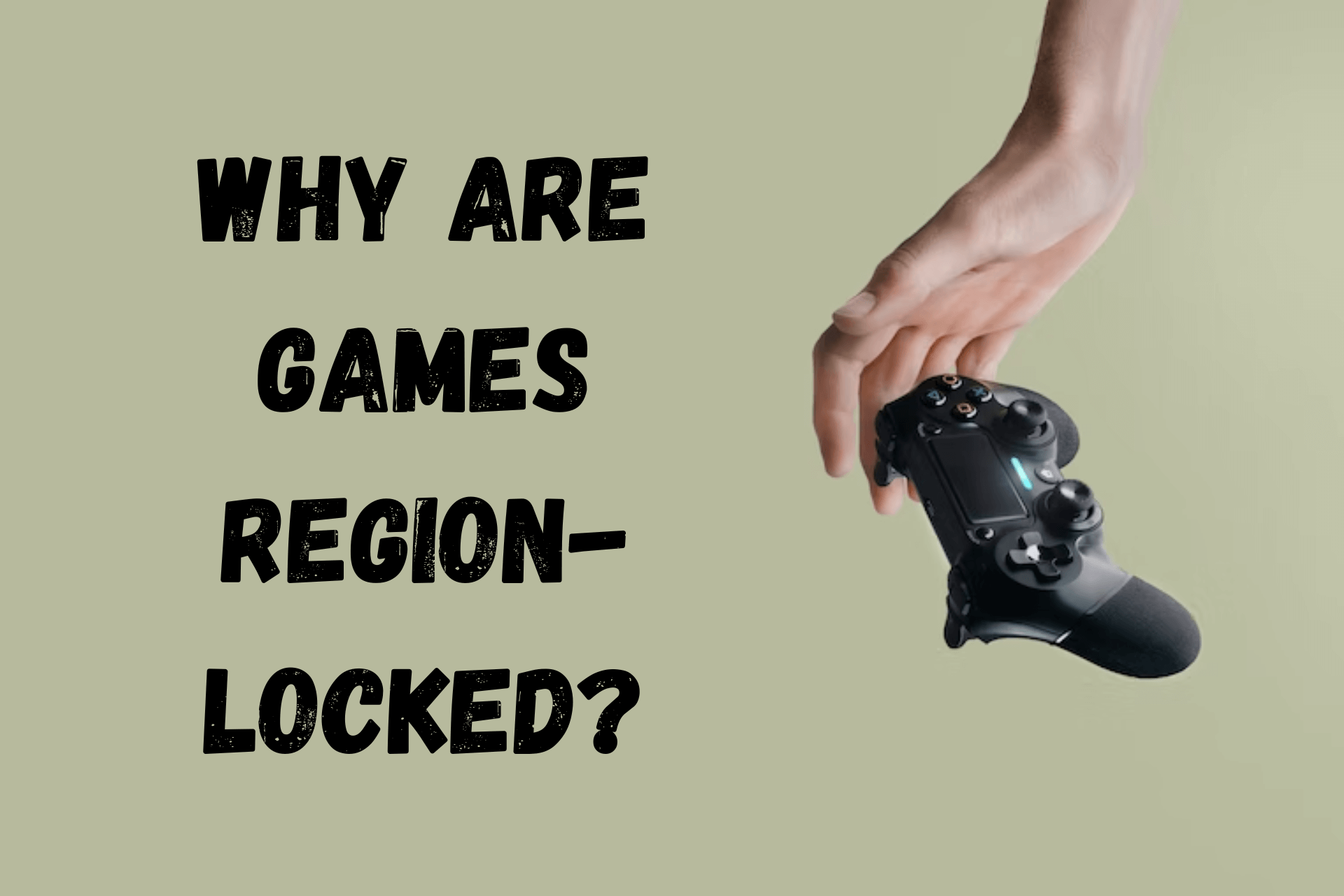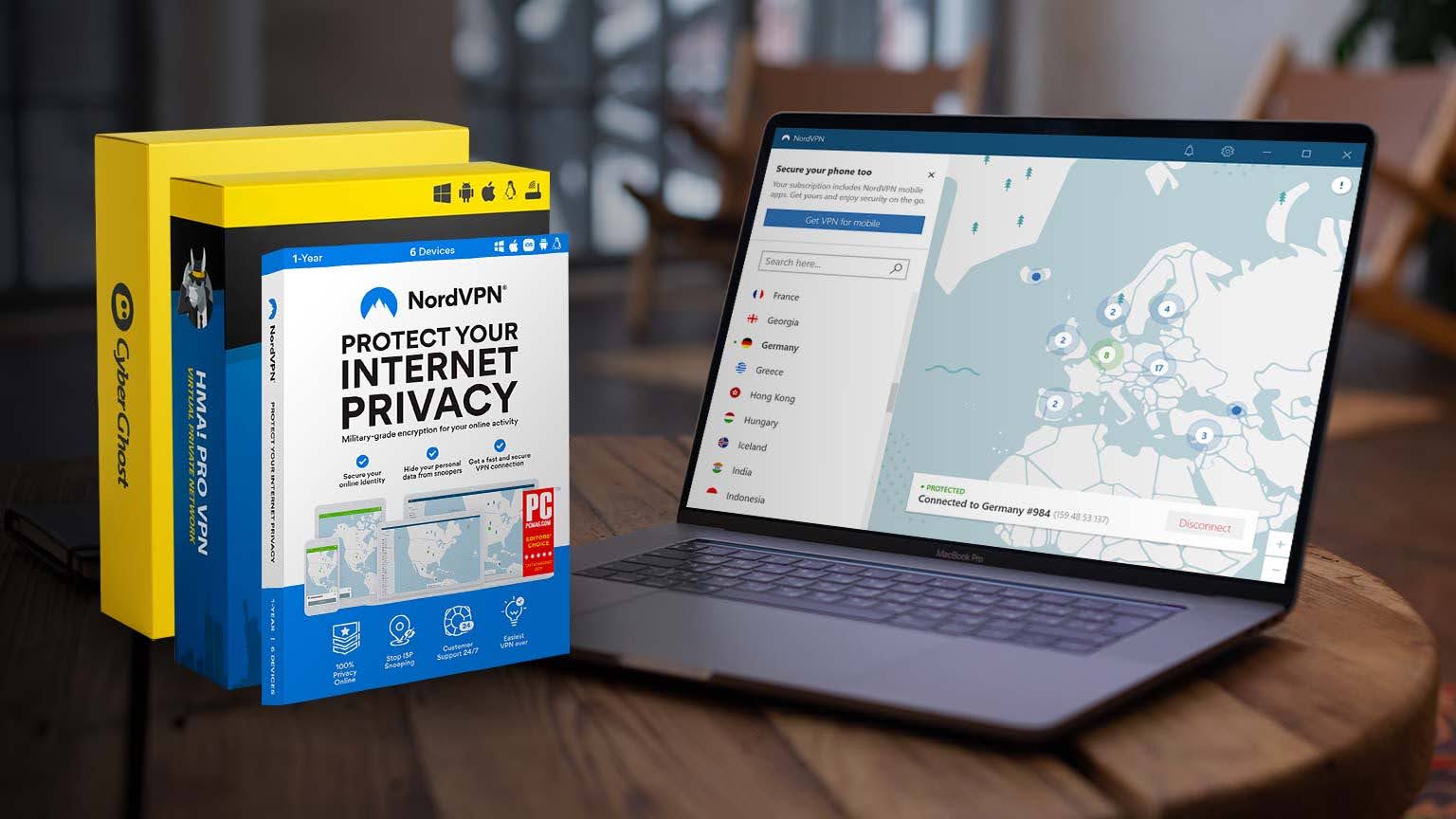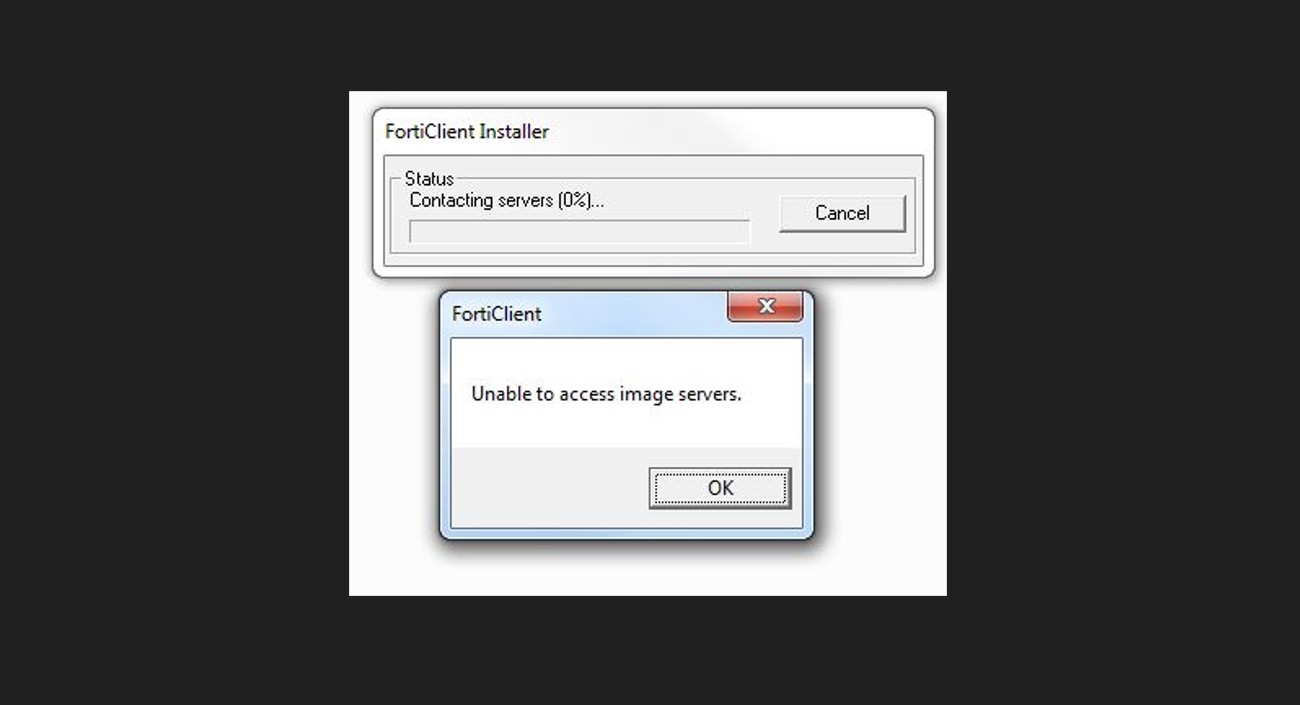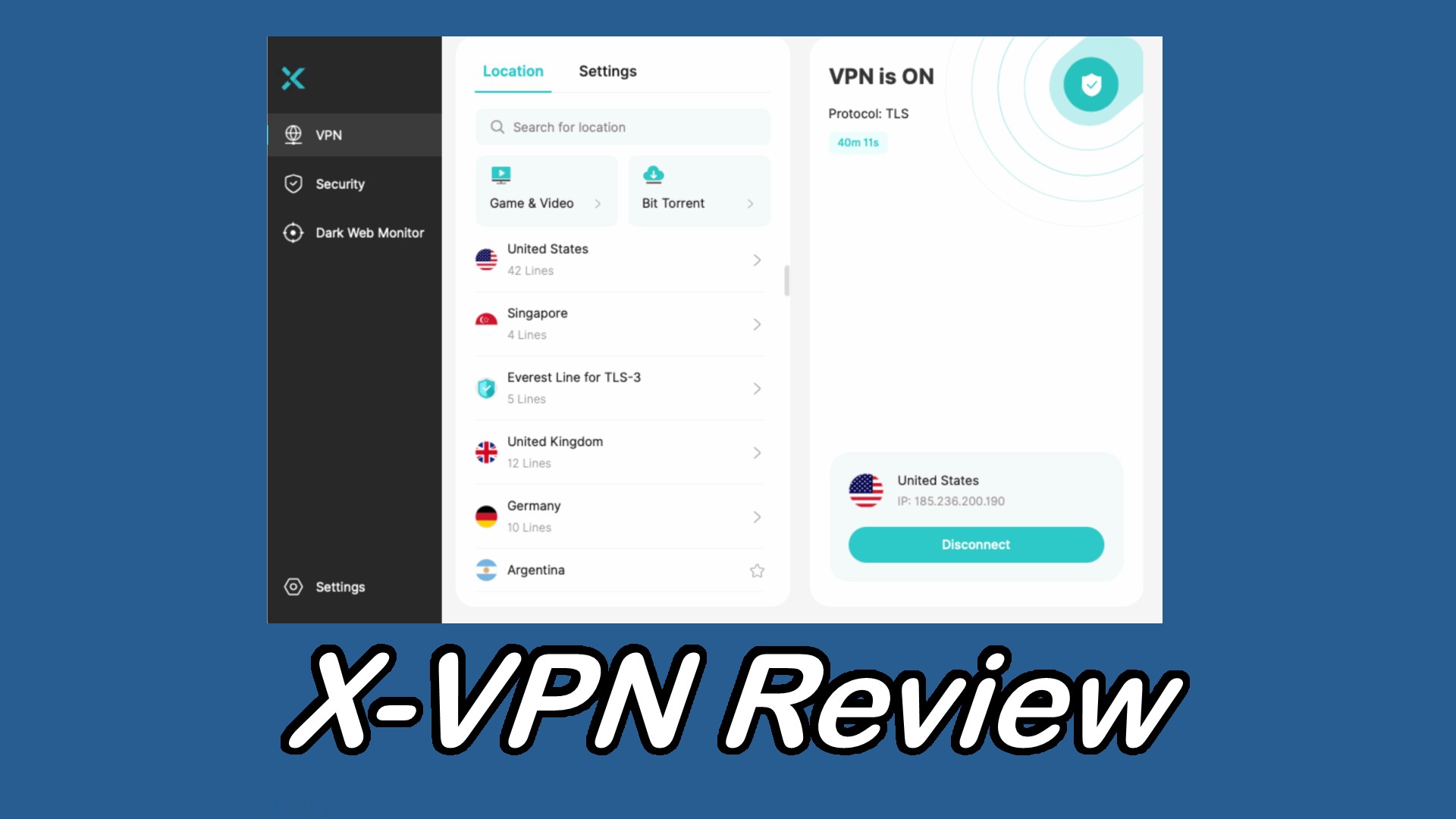Why Are Games Region-Locked? [PC, PS, iOS, Android, & More]

If you play video games, chances are you’ve come across region-locked games at some point. That is when a game isn’t available for purchase and play in certain places.
Many popular services, like Steam and Epic Games, as well as digital and physical titles, have such distribution limitations.
That’s why it’s important to be aware of any geo-restrictions, and we’ll tell you all you need to know.
Why are games region-locked?
Many geo-restricted games are currently available for sale, and you could easily buy one of them only to realize it doesn’t work in your area.
There are various reasons for regional lockouts, from different prices to release dates. Let’s look at the most common ones!
Localized Pricing
Even the biggest services like Steam rely on geo-restrictions to allow anyone to buy games without worrying about volatility in exchange rates. In other words, Valve, the company behind the platform, lowers prices in certain regions to ensure it can make sales there.
For example, Russian players always purchase titles at a set price, regardless of currency fluctuations.
Valve initially tried to simply lower the costs for Russian users without introducing any other changes. However, that resulted in players from other parts of the world buying games cheaper.
The company’s response was to implement regional locks for titles in the country. That is why any games bought in Russia are only playable there and in other geographically close countries.
Valve introduced similar systems in South America and Southeast Asia. This approach lets players make purchases corresponding to their local price levels and prevents other users from getting a discount by switching their region in Steam.
Even when shopping while traveling, it’s best to set your Steam location to your home country. That ensures you’ll be able to continue playing when you return home.
Steam regional locks are also in effect even when gifting games. For example, you can’t get a cheaper version in Thailand and gift it to a user in the US.
Different Game Versions
Occasionally, developers make two or more game versions for different regions. When doing so, they include minute changes to fit cultural differences. That doesn’t mean the companies censor the content — instead, they localize it to specific areas.
If you buy a physical edition in another country, it might not work on your device at home. That’s why being aware of any game localizations is important.
One of the best examples is the Final Fantasy series. While the original games often featured partial nudity, the characters in the American releases wore leotards covering them up.
The same happened with other popular titles such as Indigo Prophecy and The Witcher.
Another more recent case is the controversial scenes in the American version of GTA V that were changed in the Korean and Japanese launches to keep the game on both markets.
Localization changes also often take place due to religious imagery. Final Fantasy IV and Super Castlevania IV had many references to Christianity removed. The same thing happened with earlier Castlevania editions in their American releases.
Altering games due to violent imagery has also become a common practice in the industry. For example, Team Fortress 2 in Germany doesn’t feature the blood and detached body parts shown in other versions.
Even a goofy title, such as Crash Bandicoot 2, had some changes in its Japanese version due to a death resembling the recent work of a serial killer in the country.
Censorship
Regulatory bodies in many countries often pull certain games from store shelves as they believe they’ll harm the community. Most often, the triggers for censorship are standard — violence, nudity, religious imagery, etc.
The most famous example is the 2006 controversial game RapeLay, developed by the Japanese studio Illusion. As the title suggests, the player assumes the role of a sexual predator.
Needless to explain why countries such as Argentina, New Zealand, and Indonesia had it banned entirely. In many others, including the US, it received an AO rating, and most stores don’t stock it.
While GTA often faces criticism for excessive violence, many countries have entirely banned another title from Rockstar — Manhunt 2. The second installment in the series amped up on gore and brutality, and the UK and others refused to classify it.
The studio included graphical filters, but Germany, Ireland, New Zealand, Kuwait, and Saudi Arabia still refused to allow its distribution. South Korea went one step further, prohibiting the original game as well.
Rockstar’s most popular series — GTA, has often been the target of pushback across the globe for its glorification of violence and mayhem. Thailand banned every installment in the series following a real-life murder of a taxi driver inspired by the game. It remains legal in all other countries, though.
Another Rockstar title, Bully, received a full ban in Rio Grande do Sul due to its harmful impact on teenagers. Selling and owning the game was punishable by a 1,000 reals per day fine until 2016.
India banned one of the current titles, PUBG Mobile, due to extreme violence, as well as mishandling of data in 2020. Nepal introduced similar restrictions, but it has lifted them since.
Often, political reasons dictate game censorship. Call of Duty: Modern Warfare was never sold digitally for PlayStation 4, but physical copies came out. Similarly, Pakistan banned Call of Duty: Black Ops 2 for showing the country in a negative light. However, it didn’t stop the distribution of digital copies.
Iran banned Pokemon Go for security reasons, claiming that it can create problems for individuals and the country.
Staggered Releases Worldwide
Games don’t always come out in all parts of the world simultaneously due to various technicalities.
In the past, that depended on when stores in different regions filled their shelves and publishers’ preference for a Friday release. Similarly, the manufacturing and shipping of physical copies around the world take different times.
However, with the rise of digital versions, that is becoming a less common occurrence.
Also, franchises that attract more popularity in certain areas are more likely to publish a sequel there first.
One of the best examples is the Japanese game No More Heroes 2: Desperate Struggle. The first installment was a big success in the US and Europe. That’s why the second one came out for those two markets about eight months before it did in Japan.
Sometimes, titles need to be postponed in certain countries because of localizations and translations. However, now that is commonly done prior to worldwide distribution.
Recently, we saw games introduce small variances in their regional release time. That’s because developers don’t want everyone jumping onto the servers at the same time, causing potential crashes.
For example, Destiny 2 became available anywhere at midnight local time. So, Japan and Australia were the first to play, followed by Europe, and then the US.
Some titles are still coming more slowly to certain parts of the world. For example, ever since its release, Russia, Malaysia, Singapore, and Southeast Asia haven’t had access to MultiVersus.
So, we’re seeing staggered releases worldwide happen less often now when most players buy digital copies.
Why are PC games region-locked?
Above, we mentioned how Steam uses such restrictions to localize prices. Other popular services similarly implement these locks.
Namely, when you purchase a game from Epic Games in one area, you can’t play it in another.
On GOG, games aren’t geo-locked, but their language settings are. So, even if you purchase a title from another country to get a better deal, you won’t get the full experience.
Purchasing Steam titles from third-party sellers will still enforce any existing region locks. We recommend checking carefully the information on the game’s page when buying keys from such services.
Why are PlayStation games region-locked?
Tiles for the two most recent Sony consoles, PlayStation 4 and 5, contain no geo-restrictions.
However, you need a PSN account from the appropriate area to play DLCs. Region locks don’t apply to these accounts, and you can create one for any place without being there.
In the era of PlayStation and PlayStation 2, the company locked the games into three regions because of licensing and financial reasons:
- NTSC U/C
- NTSC-J
- PAL
But even then, there were ways to bypass them with modchips and disk swapping.
Almost all PlayStation 3 titles had no geo-locks. However, Persona 4 Arena and Way of the Samurai 3 were local-exclusive.
Why are Xbox games region-locked?
The initial plan was for Xbox One to include a geo-lock for the Chinese market. However, the company scrapped the idea, and titles are the same for players worldwide.
The Xbox and Xbox 360, on the other hand, have geo-locks to prevent users from accessing content created for another region and stop the gray market import of video games.
The digital content available through Xbox Live, including DLC, movies, and apps also has such restrictions. And the same goes for Xbox Game Pass as well.
Why are Nintendo games region-locked?
Nintendo was among the first companies to introduce such restrictions to its consoles, implemented through physical and technical means.
The Japanese cartridge model for its early consoles, Famicom, was slightly smaller and couldn’t fit consoles outside the country.
Today, Chinese users experience a partial region lock on Nintendo Switch titles due to the country’s stance on video games.
All cartridges work on Chinese, Tencent-distributed, Nintendo Switch consoles, but these devices can only connect to Chinese servers. That means they can’t access updates, DLC, and online modes from other regions.
Nintendo handheld consoles also have geo-locks due to differences in cultural acceptance, legal restrictions, age restrictions, and similar.
Why are Android and iOS games region-locked?
Whether you’re an Android or iOS user, you may not be able to access all titles available to players in other locations.
For example, India restricts the distribution of numerous mobile games, such as PUBG Mobile and Mobile Legends: Bang Bang, due to its ban on 59 Chinese-owned apps.
If the game you want to play has a region lock, you’ll receive one of these error messages when you try downloading it from the official stores.
- This app is currently not available in your country
- This item isn’t available in your country
Wrap up
So, why are games region-locked?
As you saw, there are various reasons why players in some places may not be able to play a specific title.
Your safest bet is to carefully read the information before purchasing on Steam or another similar platform.
Additionally, if you prefer buying physical copies, we recommend getting them from your local stores to be on the safe side.
FAQ
Who invented region-locking?
Atari was the first major company to introduce geo-locking for its games, limiting the use of certain versions to particular areas.
Some NTSC titles on Atari 2600 displayed wrong colors and were slower on PAL systems, and vice versa. With the introduction of the Atari 7800, users were unable to run PAL games on NTSC systems.
The next company to implement this strategy was Nintendo. Each of its consoles, except the Switch, has such restrictions.
Why are games region-locked on Steam?
Steam introduced this strategy to prevent users from buying titles from regions where they are cheaper.
That allows the service to offer titles at appropriate prices for the local markets. So, if you purchase from those areas, you can’t play outside of them.
For example, games you buy in Russia are only playable there and in other geographically close countries.
Is PS5 region-locked?
Before the new console came out, Sony confirmed that it won’t have geo-locks.
That means users can play games released outside of their locations. For example, if a PS5 title comes out in Japan, US console owners can still access it.
How do you unlock a region-locked game?
Now that you’ve found answers to why games are region-locked, you can start looking for ways to bypass these restrictions.
One of the quickest and easiest ways to do this is with a VPN. You can hide your IP and make it look like you’re playing from a place where the game is available.
Keep in mind that you’ll need a premium VPN service like ExpressVPN with good speeds to ensure there are no hiccups in the gameplay.
Read our disclosure page to find out how can you help VPNCentral sustain the editorial team Read more






User forum
0 messages